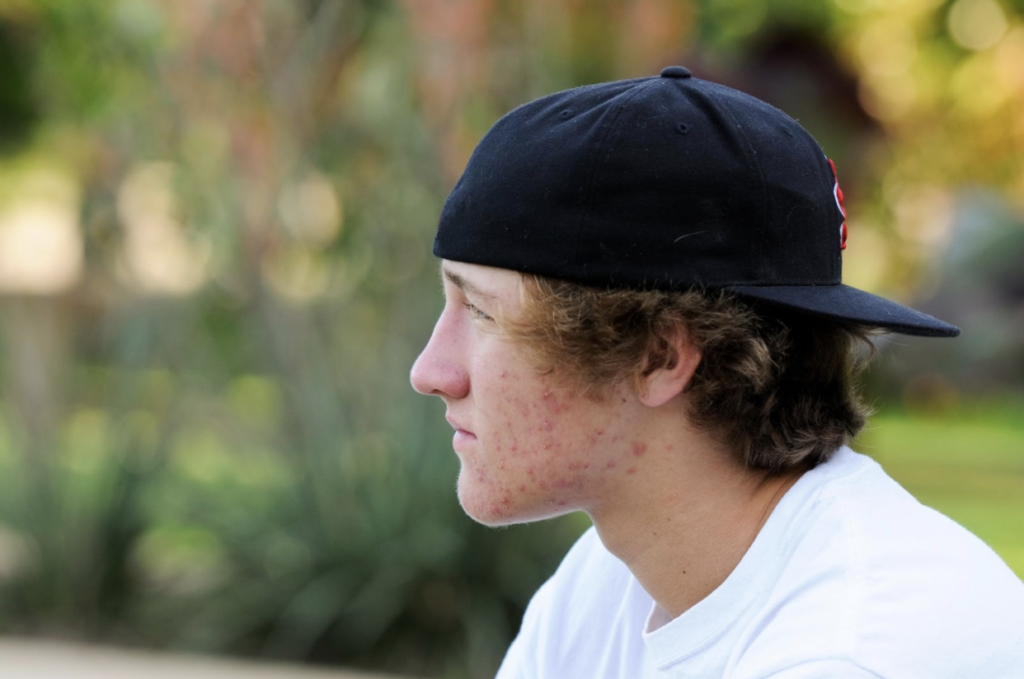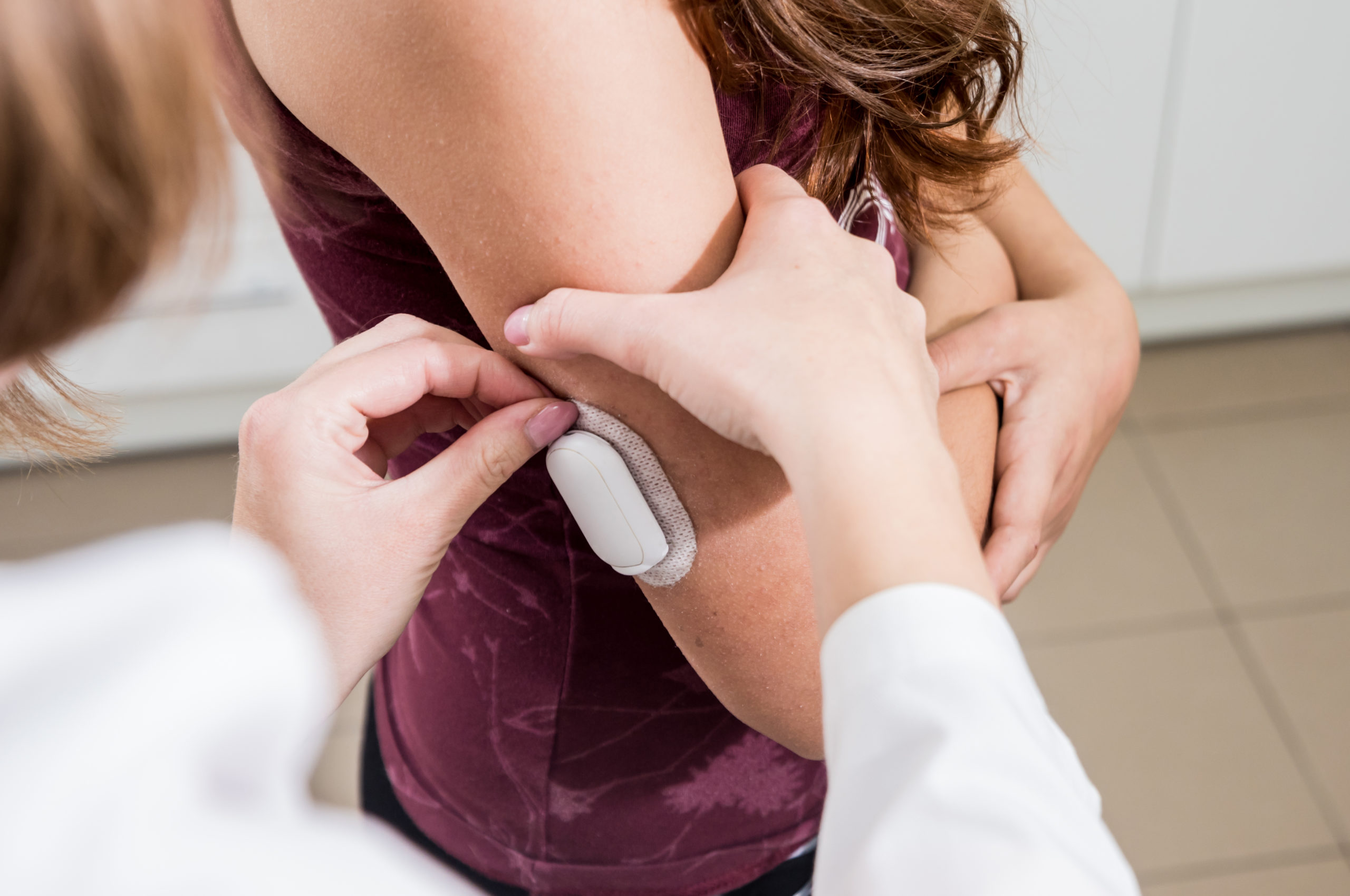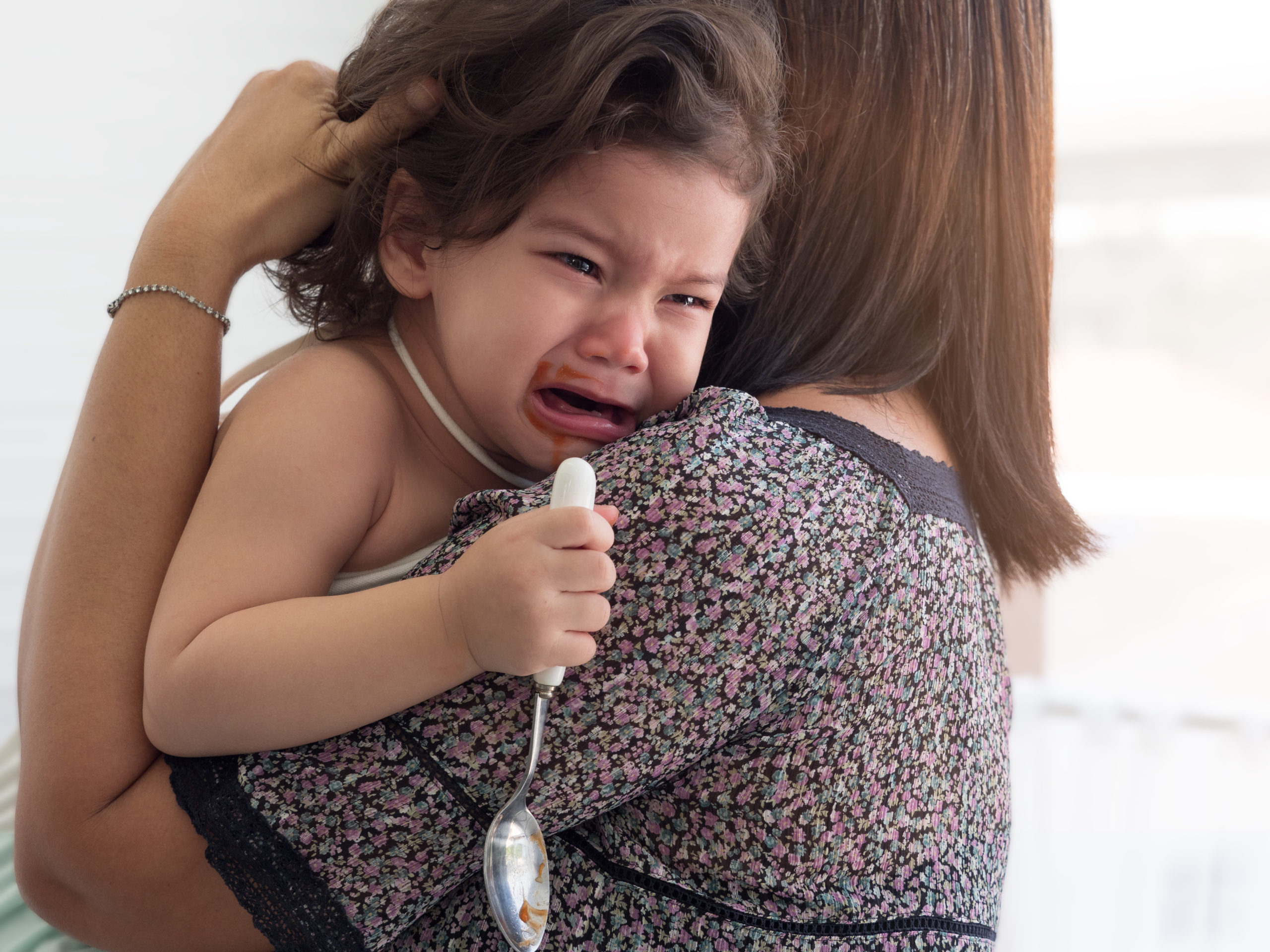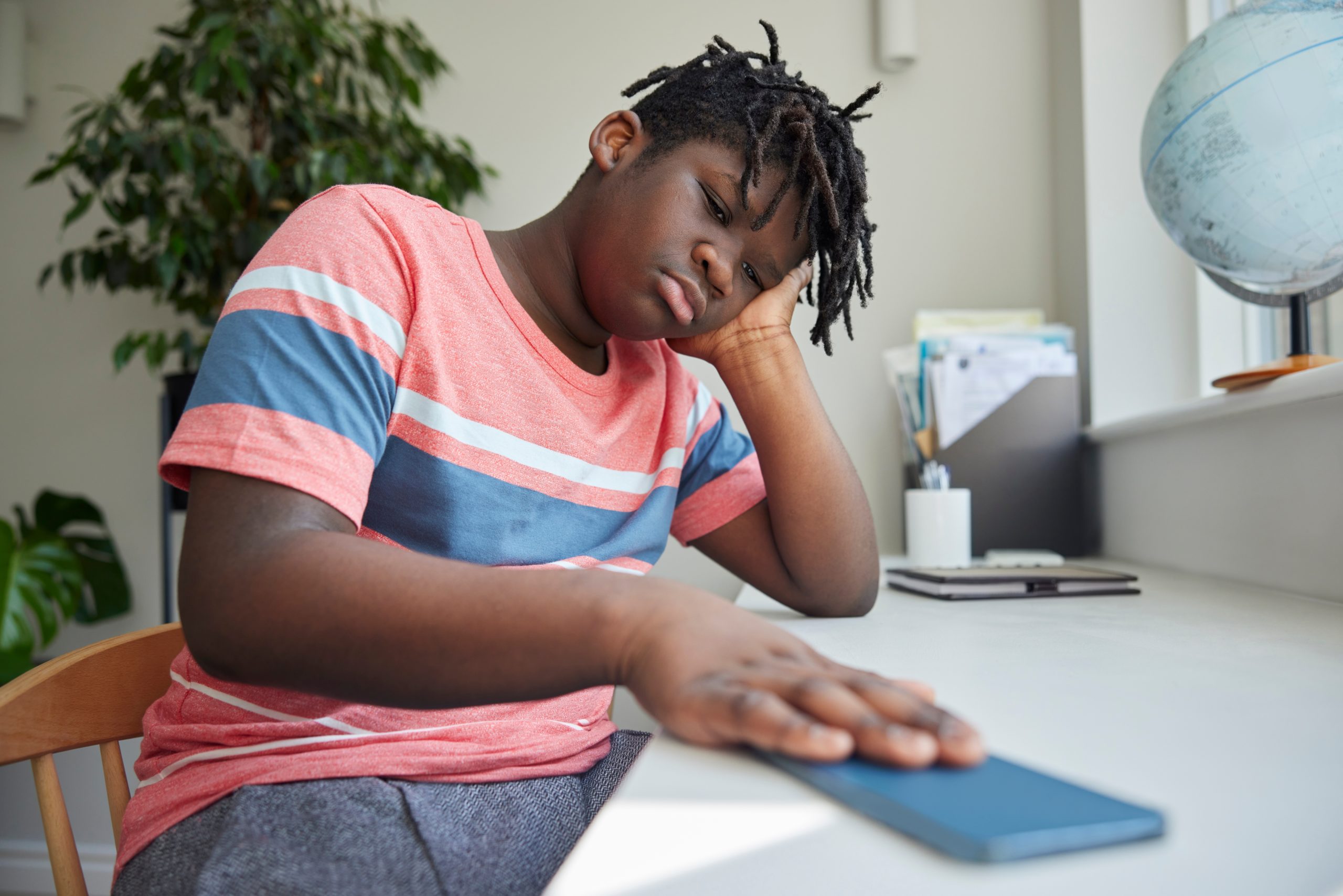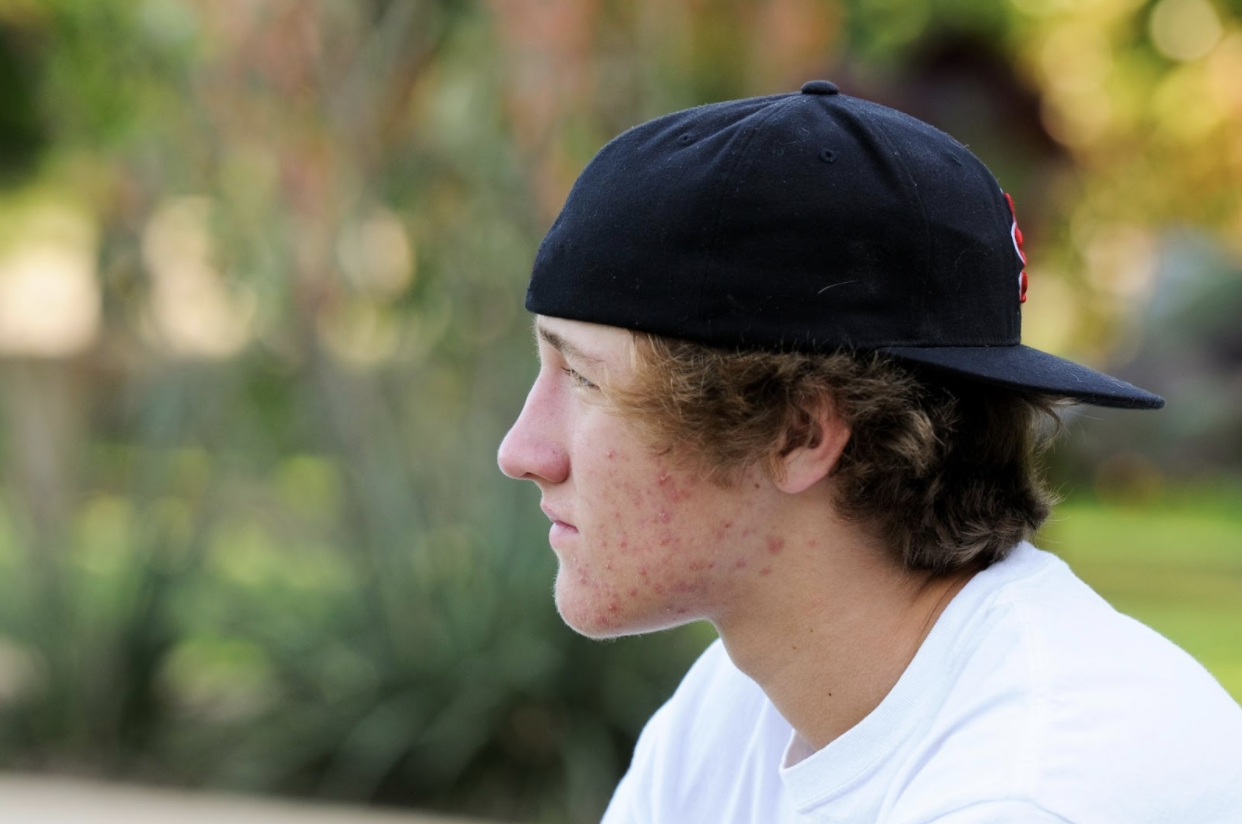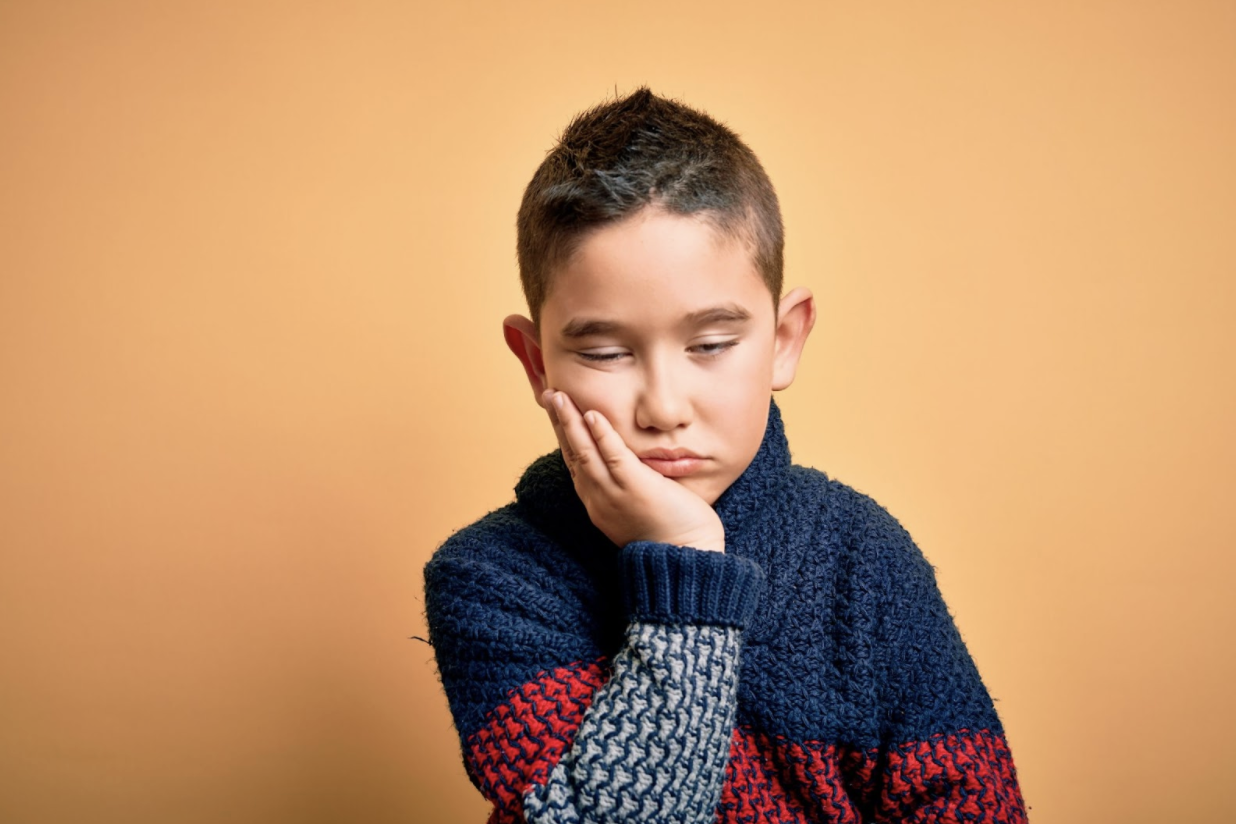It’s quite unfair that acne seems to “pop up” at the exact time when physical appearance becomes excruciatingly important to your pre-pubescent/adolescent child (particularly in their social-emotional development).
Some teenagers manage to coast through adolescence with just a pimple or two, but for about 8 in 10 teenagers, acne becomes part of daily life. To make matters worse, this visible skin problem can range in severity. Some teens experience small pimples and outbreaks, while others deal with patchy, red, irritated, and sometimes painful skin sensitivity.
Acne can be deeply upsetting and frustrating for adolescents. It has been linked to depression and low self-confidence. So it’s important to take acne seriously.
Pediatricians and dermatologists agree acne is a skin condition that can be exaggerated by many different factors. It’s not just about hormones, bacteria, and treating clogged pores. That’s why at Thrive Pediatrics, we recommend taking a holistic approach to teen acne treatment.
Find Your Dermatologist
The first step to taking a good holistic approach to acne is to find a dermatologist for your teen and schedule an acne consultation. We can help refer you to several excellent dermatologists in your area to get the process started.
The dermatologist will likely recommend several over-the-counter options for acne treatment. These can range from face washes to topical creams. Depending on the severity of the acne, the dermatologist may write your teen a prescription strength medication.
Anxiety
Once you have an acne treatment/skincare regime in place, explore some options for anxiety relief. Scientists don’t know exactly how stress worsens acne…but it does. The cells that produce sebum have receptors for stress hormones. Sebum is the oily substance that mixes with dead skin cells and bacteria to clog the hair follicles, leading to a pimple or acne cyst.
So consider helping your teen examine their stress level. Perhaps, daily school, sports, and extra-curricular activities are increasing anxiety. Is your teen getting enough sleep? Worry can rob your teen of sleep and also add to daily stress.
Hydration
Encourage your teen to drink plenty of WATER! Not Gatorade, not coke products, not a Strawberry Acai Lemonade from Starbucks. Dry skin can trigger excess oil production which contributes to acne. Several studies have found proper daily hydration helps keep skin looking and feeling healthier. Drinking too many sugary and caffeinated beverages a day can actually contribute to dehydration. So make sure, when they pack their backpack everyday, they include a large refillable water bottle.
Diet
Some foods are, quite simply, unkind to the body and the skin.
- Refined sugar: This proinflammatory has been shown to worsen many common skin conditions like acne, rosacea, eczema, and psoriasis, and has also been associated with higher rates of skin cancer and signs of aging skin.
- Dairy / meat products containing hormones & antibiotics: Dairy often contains hormones and antibiotics which can irritate skin conditions like acne and rosacea. You can choose hormone- and antibiotic-free dairy products to help protect your skin. Antibiotics in foods have also been associated with reducing gut bacteria, which is anti-inflammatory and reduces oxidative stress—all things critical to skin health and anti-aging.
- Non-organic fruits & vegetables: Foods containing high levels of pesticides have been associated with skin cancer and advanced signs of aging. Apples, berries, grapes, celery, spinach, peaches, and nectarines are widely referred to as “the dirty dozen,” because they are often laden with pesticides. There’s no need to cut these healthy fruits and other vegetables from your diet. Go for organic produce instead.
Non-Comedogenic Face Products
It can be so tempting to pack on the concealer and foundation to cover-up breakouts. Unfortunately, many make-up and skin products (even some sunscreens) are pore clogging. So while trying to cover up the skin irritation, your teen might be making the situation worse. Encourage your teen to avoid this altogether, or shop for non comedogenic (non pore clogging) face products.
Tea Tree Oil
Tea Tree oil has been shown to be a wonderful, natural complement to acne treatments. Discuss this with your son or daughter’s dermatologist first, but there is evidence tea tree oil can help calm irritated skin. It seems to be particularly helpful for mild to moderate acne breakouts. This is thanks to its anti-inflammatory and antimicrobial properties.
If you’re looking to buy tea tree oil to use on your skin, buy the purest oil available. Make sure the label says it’s 100 percent tea tree oil.
Sun Protection
If your son or daughter struggles with acne, it’s critically important they avoid too much sun exposure. Encourage a hat and sunglasses on days with extra sunshine, and be sure to use that non comedogenic sunscreen! Also, just say NO to tanning beds. There are wide-ranging studies linking tanning beds to skin cancer. So, you can be certain tanning beds won’t help calm acne flare ups either.
Your Pediatrician is Here to Help
We know how frustrating acne can be for developing teens. It’s a challenging wellness journey, but one your son or daughter doesn’t have to deal with alone. We’re here to help with holistic options that can support conventional treatments recommended by a licensed dermatologist. Make an appointment with our pediatrician!
